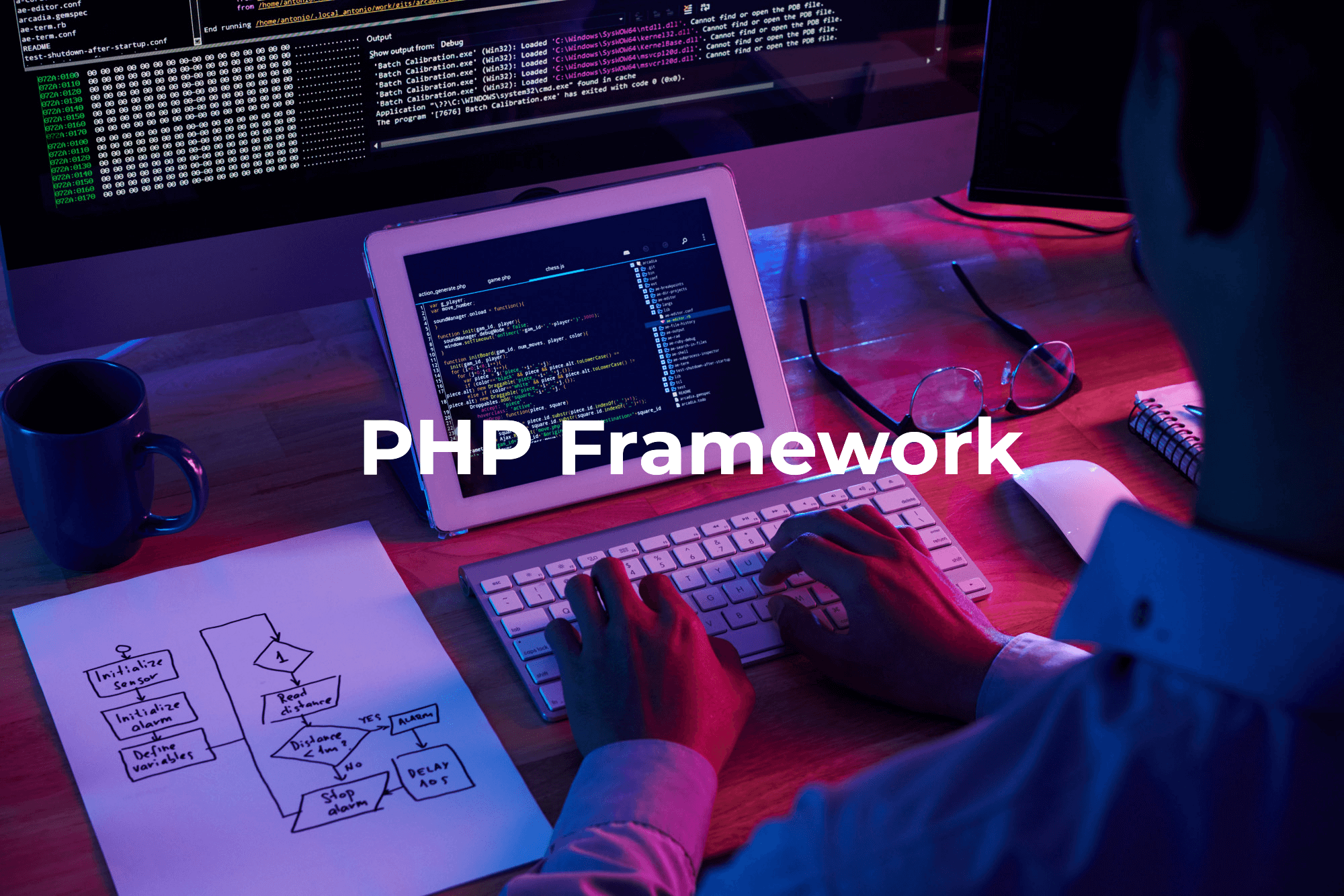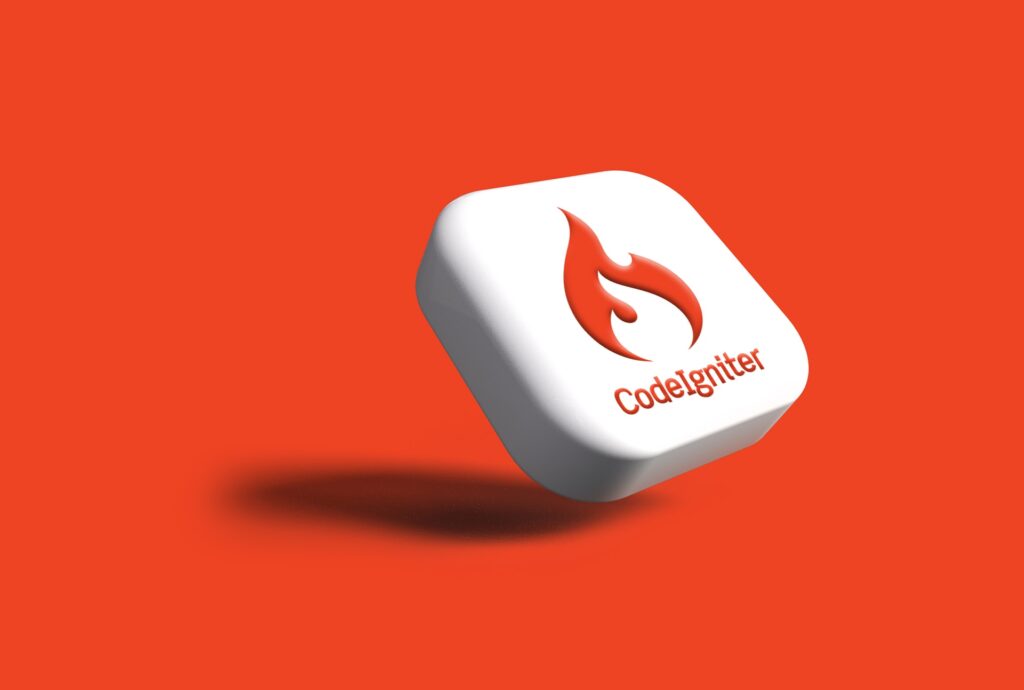
In this article, we’ll see a List of PHP Frameworks for Developers.
As a PHP developer, choosing the right framework can greatly enhance your productivity and streamline your development process. With an extensive range of php frameworks available, it’s essential to explore your options and find the perfect fit for your project.
A PHP framework is a platform to create PHP web applications. PHP frameworks provide code libraries for commonly used functions, cutting down on the amount of original code you need to write.
We’ll take you on a journey through a carefully curated list of PHP frameworks, each with its unique features and advantages. So fasten your seatbelts and let’s dive into the world of PHP frameworks!
List of PHP Frameworks
Here is a list of some widely used and helpful Frameworks based on PHP:
1). Laravel
Laravel is the free open-source PHP framework created by Taylor Otwell in 2011. This framework has many functions, the aim of which is to provide as fast a development process as possible.
Laravel is accessible, yet powerful, providing powerful tools needed for large, robust applications. A superb inversion of control container, expressive migration system, and tightly integrated unit testing support give you the tools you need to build any application with which you are tasked.
2). Codeigniter
CodeIgniter is an open-source PHP framework used to develop a dynamic website. It can be easily installed and requires minimal user configuration. CodeIgniter contains libraries, a simple interface, and a logical structure to access these libraries, plug-ins, helpers, and some other resources which solve the complex functions of PHP more easily maintaining high performance.
CodeIgniter (CI) is free, lightweight, and simple to install. Also, You can get it from http://www.codeigniter.com and it was written by Rick Ellis, rock musician turned programmer.
3). Symfony
Symfony is a compelling PHP framework. It aims to speed up the creation and maintenance of web applications and replace repetitive coding tasks. If you aren’t familiar with MVC, you just need to understand that separating the code into three parts — the logic code (called the Model), the presentation code (the View), and the request handling code (the Controller).
Symfony is a set of PHP Components, a Web Application framework, a Philosophy, and a Community — all working together in harmony.
4). Zend
Zend is an open-source web application framework. It contains a collection of PHP packages that can be used to develop web applications and services. Zend Framework provides users a support of the Model View Controller (MVC)
A framework is some kind of a library, a piece of software (also written in PHP) providing web developers with a code base and consistent standardized ways of creating web applications.
Zend Framework is often called a ‘component library because it has many loosely coupled components that you can use more or less independently.
5). CakePHP
CakePHP is a simple and easy open-source framework for PHP. It is a built-in MVC pattern along with the model class. Fast and secure web applications can be developed with very less code.
The CakePHP framework also provides valuable reusable libraries for dealing with common tasks. An example is “Inflector” (a routine that takes a string and handles pluralization).
6). Yii2
Yii is an open-source framework for building applications on top of PHP. It’s based on OOP and MVC patterns and adds less overhead by focusing mostly on core functionality.
Yii is a high-performance, component-based PHP framework for rapidly developing modern Web applications. The name Yii (pronounced Yee or [ji:]) means “simple and evolutionary” in Chinese. It can also be thought of as an acronym for Yes It Is!
7) Phalcon
Phalcon is an open-source framework of the PHP programming language. It is based on Module View Controller (MVC) pattern. Phalcon is the first framework that implements ORM in C-programming language.
It is a combination of PHP and C language. Phalcon is developed by Andres Gutierrez and his group of collaborators.
8) Slim Framework
Slim is a PHP micro framework that helps you quickly write simple yet powerful web applications and APIs. At its core, Slim is a dispatcher that receives an HTTP request, invokes an appropriate callback routine, and returns an HTTP response.
PHP developers use Slim to develop RESTful APIs and web services. Key features include URL routing, session, and cookie encryption, client-side HTTP caching, and more. It’s the best framework for a small web application that doesn’t necessarily require a full-stack PHP framework.
9) Lumen
Lumen is a PHP micro-framework developed by the creator of Laravel and maintained by its community. It is used for building APIs and it supports single-page applications, microservices, and other back-end services where low latency and high performance are important.
10) Luminas
Laminas is the successor of Zend’s PHP framework. Because of its component-based design, Laminas Projects is often referred to as a glue framework. The PHP framework from Laminas is an object-oriented, MVC-based framework that allows you to load just the components you need as separate libraries.
The laminas Project is an open-source continuation of Zend Framework, a PHP framework and component library targeting enterprise applications.
11) FuelPHP
FuelPHP is an open-source web application framework. It is written in PHP 5.3 and implements an HMVC pattern. HMVC is a Hierarchical Model-View-Controller framework that allows sub-request to the controller, which returns the partial page such as comments, menus, etc., instead of the complete page as in normal MVC.
FuelPHP is developed by a small team of Philip Sturgeon, Harro Verton, Jelmer Schreuder, and Dan Horrigan
12). PHPPixie
PHPixie is a highly optimized full-stack PHP framework that is used for developing high-performance web applications. It also supports Hierarchical Model-View-Controller (HMVC)
PHPixie started as a PHP micro-framework and has gradually grown to be one of the most popular full-stack PHP frameworks while retaining its high PHP framework performance.
13). Fat-Free Framework
Fat-Free Framework is one of the most simplified, lightweight, and one of top PHP frameworks currently. It weighs less than 50KB and is considered one of the lightweight PHP frameworks. This is a powerful yet easy-to-use PHP Microframework designed to help you build dynamic and robust web applications fast.
With our exploration of these remarkable PHP frameworks, you’re now equipped to make an informed decision based on your project’s requirements. Whether you prefer the elegance of Laravel, the flexibility of Symfony, or the lightweight nature of CodeIgniter, there’s a PHP framework tailored to your needs. The PHP frameworks continue to evolve, bringing forth new advancements and possibilities. So, go ahead, embrace the power of these frameworks, and embark on a journey of efficient and enjoyable PHP development! I hope this article helps!
